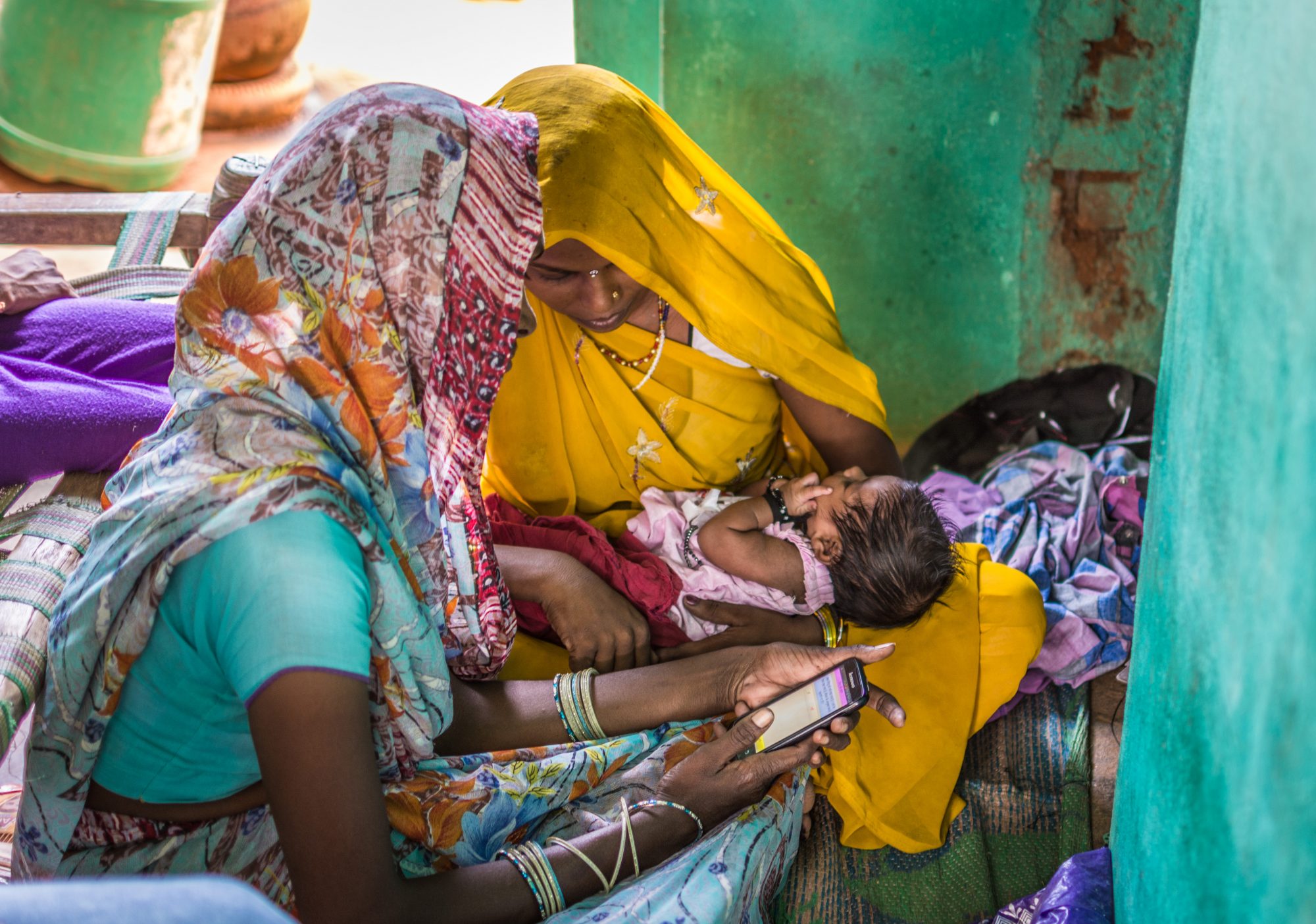After two years, two APHA policy statements (one interim and one permanent), dozens of e-mails (and perhaps just as many drops of blood, sweat, and tears), and a few phone calls, we have finally sent a letter to UNAIDS urging it to revoke its recognition of South Korea’s status as a country without any HIV restrictions – until it actually produces and enforces policies that actually reflect that status.
Heartfelt thanks to Dr. Laura Altobelli, our Section Chair; Mona Bormet, our Advocacy/Policy Committee’s advocacy coordinator; and all of the Components who signed on to this hard-won letter (and the policy proposals that led up to it):
- Disability Section
- HIV/AIDS Section
- Population, Reproductive, and Sexual Health Section
- Asian Pacific Islander Caucus
- Caucus on Refugee and Immigrant Health
- LGBT Caucus of Public Health Professionals
- Human Rights Forum
If there is one thing I have learned through this odyssey, it is that the work of advocacy is exhausting. It takes the old adage of “marathon not sprint” to a whole new level. The patience required to work within the boundaries, and according to the rules, of whatever framework you are trying to leverage to produce change can be maddening at times, but I suppose that is the inevitable price we pay to work with others. The larger your advocacy “vehicle” is, the more likely it is to be effective, but the more restrictions you have to work within. Or around, as the case may be.
On a more positive note, we also got a corresponding policy approved for adoption by the World Federation of Public Health Associations at their assembly (which kicked off today!). It will be posted here as soon as it is published, with potentially more letters to follow. Stay tuned.
The full text of the letter, followed by an embedded PDF, is below.
Dear Executive Director Dr. Michel Sidibé:
On behalf of the International Health Section of the American Public Health Association (APHA), we write to notify you of a new APHA policy statement, “Opposition to Immigration Policies Requiring HIV Tests as a Condition of Employment for Foreign Nationals,” which was adopted at the Association’s 2016 Annual Meeting.1 As you may know, APHA was founded in 1872 and is the oldest organization of public health professionals in the world. It has a long-standing commitment to promoting global health and protecting human rights, recognizing that these two go hand-in-hand.
HIV-related travel restrictions are recognized as a violation of human rights and have been well-established as ineffective at reducing the spread of HIV. Such policies further marginalize people living with HIV/AIDS (PLWHA), discourage people from accessing HIV testing and treatment, and reinforce stereotypes and discriminatory attitudes against PLWHA in the general population. According to APHA’s policy statement, “[immigration] policies that mandate HIV testing of [foreign nationals] as a condition of obtaining a visa for employment…have no basis in science and violate migrant workers’ human rights to confidentiality and informed consent to testing, exposing them to exploitation by their employers.”
Increasing awareness of the harms of mandatory testing and accompanying pressure from multilateral institutions and human rights advocates has begun to prompt countries to lift travel bans and change their immigration policies. We recognize that UNAIDS has been instrumental in this effort and laud the organization both in its leadership on this initiative and the progress that it has made. APHA’s policy statement specifically cites the work of the UNAIDS International Task Team on HIV-related Travel Restrictions and notes that “[a]dvocacy efforts using [the Task Team’s findings] have resulted in several countries loosening these restrictions or, in some cases, dropping them entirely: the number was reduced from 59 to 45 countries in 2011 and, as of September 2015, to 35.” APHA’s policy statement calls on UNAIDS and others to “continue to call on all countries that still maintain and/or enforce HIV-related restrictions on entry, stay, or residence to eliminate such restrictions, ensuring that all HIV testing is confidential and voluntary and that counseling and medical care be available to all PLWHA within its borders.” We urge UNAIDS to continue this work to make further progress in the remaining countries that enforce HIV travel restrictions.
The policy statement also recommends that “UNAIDS take steps to ensure that its protocols to research and investigate countries’ HIV-related travel restrictions are sufficiently thorough by monitoring and documenting any reported instances of HIV-related discrimination targeting immigrants, particularly when presented with evidence demonstrating that recognition of a country’s removal of HIV-related travel restrictions is unwarranted, in order to ensure that governments are not able to misrepresent their policies in order to gain undeserved recognition for supporting human rights with regard to HIV/AIDS.”
One such example of misrepresentation of HIV-related immigration policy can be found with the Republic of Korea (ROK), which subjects foreign nationals applying for visas to work or study under several visa categories to mandatory HIV testing.2,3 Recent decisions by the UN Committee on the Elimination of Racial Discrimination4 and the National Human Rights Commission of Korea5 both confirm the ongoing existence and enforcement of mandatory testing for E-2 visa applicants and recommend that they be struck down. Unfortunately, despite this discriminatory requirement, ROK representatives declared at the 2012 International AIDS Conference that their government had removed all HIV-related travel restrictions and, as a result, the country was granted “green” (restriction-free) status by UNAIDS6, while other states with HIV-related restrictions similar to those enforced by ROK7 are still classified as “yellow” on this map. This inconsistency in the application of UNAIDS’ assessment criteria could threaten the progress made on reducing HIV-related travel restrictions. We strongly urge UNAIDS to revoke ROK’s status as a country with no HIV-related travel restrictions until it eliminates all mandatory HIV testing policies.
Finally, we express our continued commitment to the UNAIDS goals of reducing HIV transmission, fortifying the rights of all who live with HIV/AIDS, and eliminating stigma and discrimination.
Sincerely,
Laura C. Altobelli, DrPH, MPH
Chair, International Health SectionWilli Horner-Johnson, PhD
Chair, Disability SectionRandolph D. Hubach, PhD, MPH
Chair, HIV/AIDS SectionLea Dooley, MPH, MCHES
Chair, Population, Reproductive, and Sexual Health SectionGabriel M. Garcia, PhD, MA, MPH
Chair, Asian Pacific Islander CaucusTitilayo A. Okoror, PhD
Chair, Caucus on Refugee and Immigrant HealthGabriel Galindo, DrPH, MPH, CHES
Chair, LGBT Caucus of Public Health ProfessionalsBenjamin Mason Meier, JD, LLM, PhD
Chair, Human Rights Forum
https://aphaih.files.wordpress.com/2017/04/apha-rok-hiv-travel-restrictions-letter.pdf

